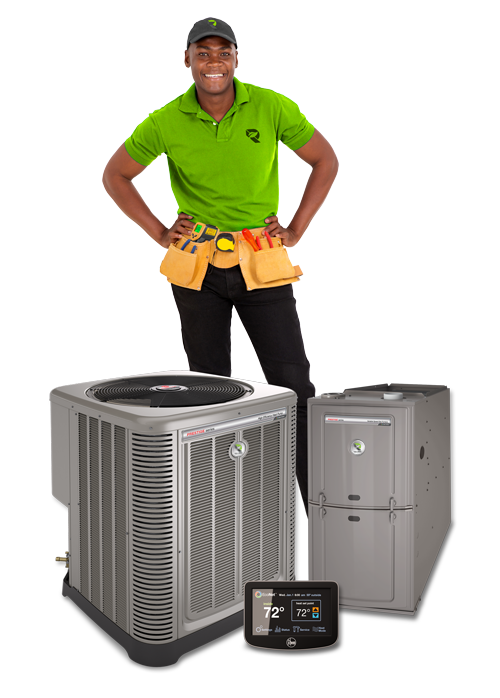Capacitor failures in air conditioning (AC) systems can occur due to various reasons, often related to factors such as age, electrical issues, environmental conditions, and manufacturing defects. Understanding these common causes can help homeowners recognize when capacitor failure may be occurring and take timely action to address the issue.
Age
Capacitors, like many electrical components, have a limited lifespan. Over time, the materials inside the capacitor can degrade, leading to a loss of capacitance and eventually causing the capacitor to fail. The lifespan of a capacitor can vary depending on factors such as usage patterns, environmental conditions, and the quality of the capacitor.
Electrical Surges
Electrical surges, which are sudden spikes in voltage, can damage capacitors. These surges can occur due to lightning strikes, power grid fluctuations, or other electrical disturbances. When a capacitor is exposed to a voltage spike that exceeds its rating, it can suffer internal damage, leading to failure.
Overheating
Capacitors can overheat if they are exposed to high temperatures or if there is insufficient airflow around them. High temperatures can cause the materials inside the capacitor to degrade more quickly, leading to premature failure. Additionally, capacitors located in poorly ventilated areas or near heat-producing components in an AC system may be more prone to overheating.
Environmental Factors
Environmental factors such as humidity and exposure to chemicals can also contribute to capacitor failure. High humidity can cause moisture to enter the capacitor, which can lead to corrosion and damage to the internal components. Exposure to chemicals, such as those found in cleaning agents or insecticides, can also degrade the materials inside the capacitor and cause it to fail.
Manufacturing Defects
In some cases, capacitors may fail due to manufacturing defects. These defects can occur during the production process and may not be apparent until the capacitor is in use. Common defects include poor soldering, faulty connections, and improper sealing, all of which can lead to capacitor failure.
Overloading
Capacitors are designed to handle a specific range of electrical loads. If the capacitor is subjected to a load that exceeds its rating, it can fail. Overloading can occur due to a variety of reasons, such as a malfunctioning motor or compressor in the AC system.
Poor Maintenance
Lack of regular maintenance can also contribute to capacitor failure. Dust, dirt, and debris can accumulate on the capacitor, leading to overheating and other issues. Regular maintenance, including cleaning and inspection of capacitors, can help prevent these problems and extend the lifespan of the capacitor.




